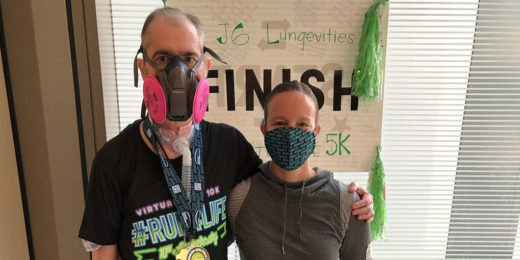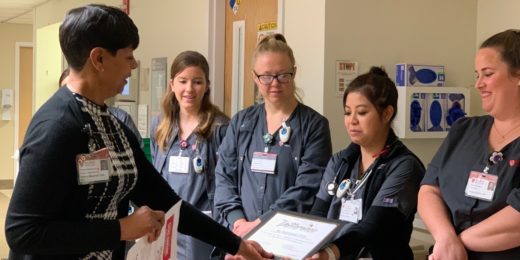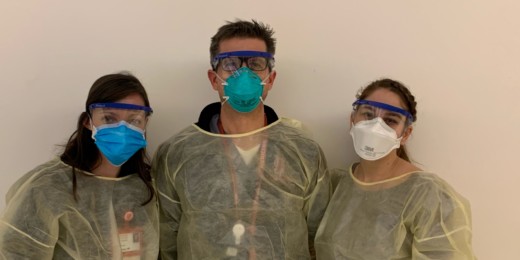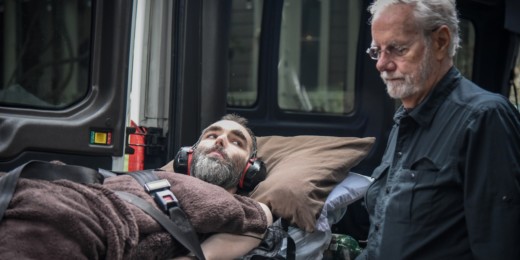Stanford chaplains help patients, patient families and hospital staff impacted by COVID-19 fulfill their spiritual needs.
Month: March 2021
Stanford Medicine team aids Lakota Nation in fighting COVID-19
When a physician requested pandemic assistance for the Oglala Lakota Nation, a Stanford Medicine team offered guidance in crafting a COVID-19 response.
Triple-organ recipient joins walk to promote organ donation
A Stanford patient still in recovery from organ transplant surgery joins a 5K walk in the hospital to raise awareness of the need for organ donation.
Technology equality gap for kids’ diabetes treatment is growing
As more children and teens with diabetes use technology to treat the disease, U.S. kids of lower socioeconomic status are being increasingly left behind.
Affordable Care Act subsidies reduce health care costs for low-income Americans
A Stanford Medicine researcher finds that the Affordable Care Act's insurance subsidies have protected low-income Americans against high medical costs.
‘You’re going to be a nurse’: A champion of equity in patient care
Sharon Hampton is focusing on patient equity as a nursing leader at Stanford Health Care. Getting to know patients and staff is key, she says.
Pandemic thrust infection prevention team into the spotlight
Throughout pandemic, Stanford Medicine's infection prevention team has risen to the challenges of COVID-19, ensuring the safety of staff and patients.
Disease detective tells stories of mystery diseases in new book
Euan Ashley, professor of medicine and genetics, tells the stories of his patients with rare or mystery diseases through his new book, The Genome Odyssey.
Reimagining palliative care learning during a pandemic
In response to the pandemic, one determined Stanford Medicine team built on its online expertise to reimagine palliative care learning.
A line of trust: Stanford Medicine physician supports family members, by phone
This Voices of COVID story features Ricky Hansra, MD, who has found a way to reassure, empower, and advocate for patients' families from a distance.
Community bonds help barbers improve health for Black men
A program that trains barbers to coach Black men about their health and wellness helps bridge health equity gaps by tapping into built-in community bonds.
Earlier colonoscopies halve subsequent cancer risk
People who have their first colonoscopy between the age of 45 and 49 halve their risk of subsequent colorectal cancers, a Stanford Medicine study has found.
It takes a team: Caring for kids with COVID-19
In this Voices of COVID story, Stanford Children's Health physician Alan Schroeder, MD, talks about his work caring for kids with COVID-19 symptoms.
I wrote a book about a scientist’s journey to save his desperately ill son
Stanford Medicine science writer Tracie White shares the origins of her new book that explores ME/CFS, family bonds, science, suffering, and much more.
Inside the brain: How cellphones lead to distracted driving
We know that cellphones distract drivers. But now, Stanford Medicine researchers have brain imagery and driving metrics to show how.
















